Evers' 2023 budget proposal includes about $130M less for UW System than Board of Regents requested
The Board of Regents asked Wisconsin Gov. Tony Evers to increase the UW System budget by $435.6 million in his 2023-25 budget proposal, but the spending plan released Feb. 17 would add about $305.9 million more in funding over the biennium.
Associated Press
February 17, 2023

(Credit: PBS Wisconsin)

MIDDLETON, Wis. (AP) — Gov. Tony Evers’ budget leaves the University of Wisconsin System about $130 million short of what regents say they need to run their campuses over the next two years, raising questions about whether they may raise tuition to make up the shortfall.
Republican lawmakers froze in-state undergraduate tuition systemwide in 2013 but lifted the freeze in 2021, allowing the Board of Regents to raise tuition if it so chooses. The board hasn’t made any increases since the freeze lifted, relying in part on federal pandemic relief dollars, but that could change if Evers’ budget stands.
The regents had asked the governor to increase the system’s budget by $435.6 million in the 2023-25 budget, according to figures compiled by the Legislative Fiscal Bureau. The state has accumulated a $7 billion surplus, but the spending plan Evers released on Feb. 15 would increase system funding by $305.9 million over the biennium.
Republican lawmakers on the Legislature’s finance committee will revise the budget before sending it to the full Assembly and Senate for approval. From there, the budget will go back to Evers, who can rewrite it again using his extensive partial veto powers. If Evers’ funding proposal for UW survives in the final budget, regents could raise tuition to fill the $129.7 million shortfall.
The governor told reporters during a tour of a scissors-making company in Middleton on Feb. 16 that his budget gives UW enough money that regents shouldn’t have to raise tuition, but he didn’t rule it out.
“We believe that the revenue that we’re providing to the university is adequate so that there will not be the need (to raise tuition),” Evers said. “Instead of talking about a freeze, we’re talking about the fact that we’re providing a significant amount of money to our higher education institutions and as a result of that there should be a moderate or no increase. The Board of Regents is able to raise rates if they wish but I think that will not happen.”
UW System spokesperson Mark Pitsch didn’t rule out a tuition increase. He said in an email to The Associated Press that the system appreciates the “investment” that Evers has proposed but after 10 years of a tuition freeze and rising costs and inflation, “everything is on the table to ensure students get the education they deserve and parents expect.”
UW System President Jay Rothman appeared to endorse the budget on Feb. 15, tweeting that the spending plan “provides needed investment for the UW System to help fulfill its mission on behalf of the people of Wisconsin.” He later tweeted that he looks forward to working with legislators and the finance committee on “how we can partner with them to address some of the state’s economic challenges.” He didn’t elaborate.
Spokespeople for Assembly Speaker Robin Vos and Senate Majority Leader Devin LeMahieu didn’t immediately respond to emails seeking comment.
Republican state Sen. Steve Naas, a member of the Assembly universities committee and a frequent UW critic, said the system doesn’t lack for revenue and challenged his fellow Republicans to hold the line on tuition.
“If (the regents) increase tuition, it will only occur because the Republican legislature failed to protect students and families from Evers’ Board of Regents,” he said in a statement.
His aide, Mike Mikalsen, said Naas wants Republicans to block any tuition increases, require the system to reduce non-instructional positions and mandate that every system school offer students a way to graduate in three years by allowing them to take only courses related to their majors.
Richmond reported from Madison, Wisconsin.
 Passport
Passport




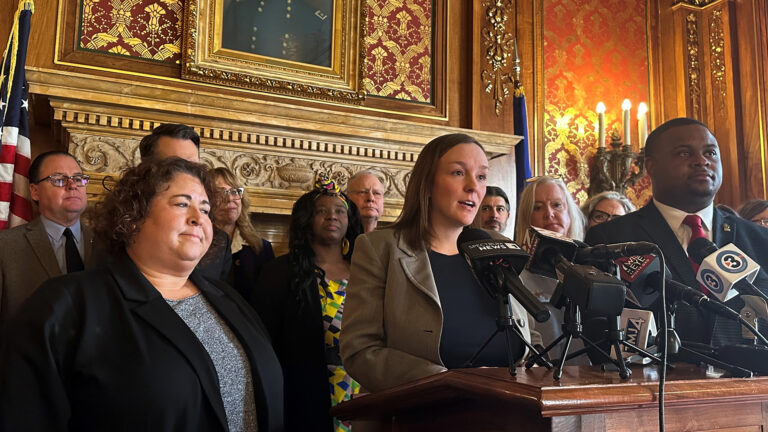
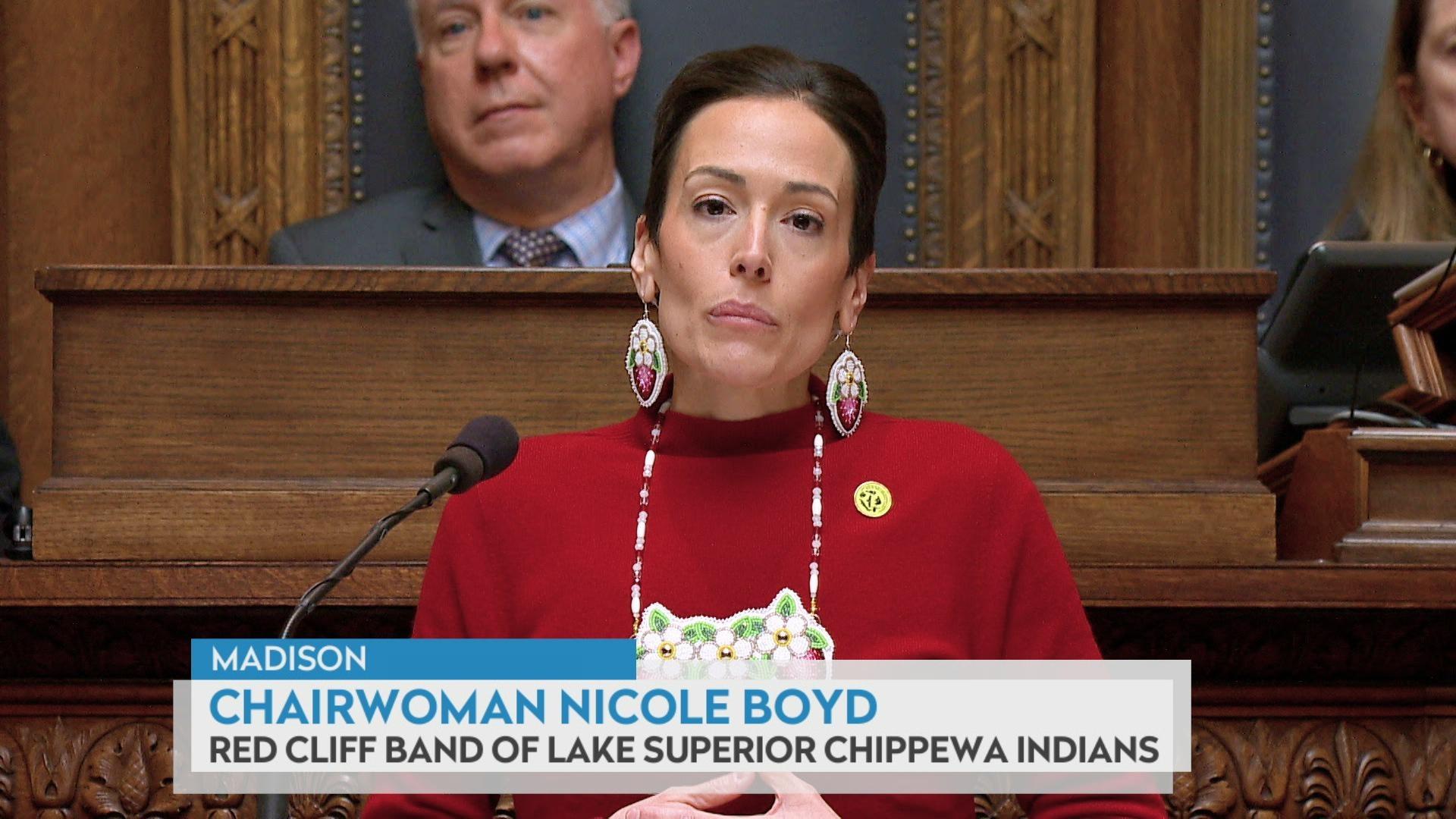
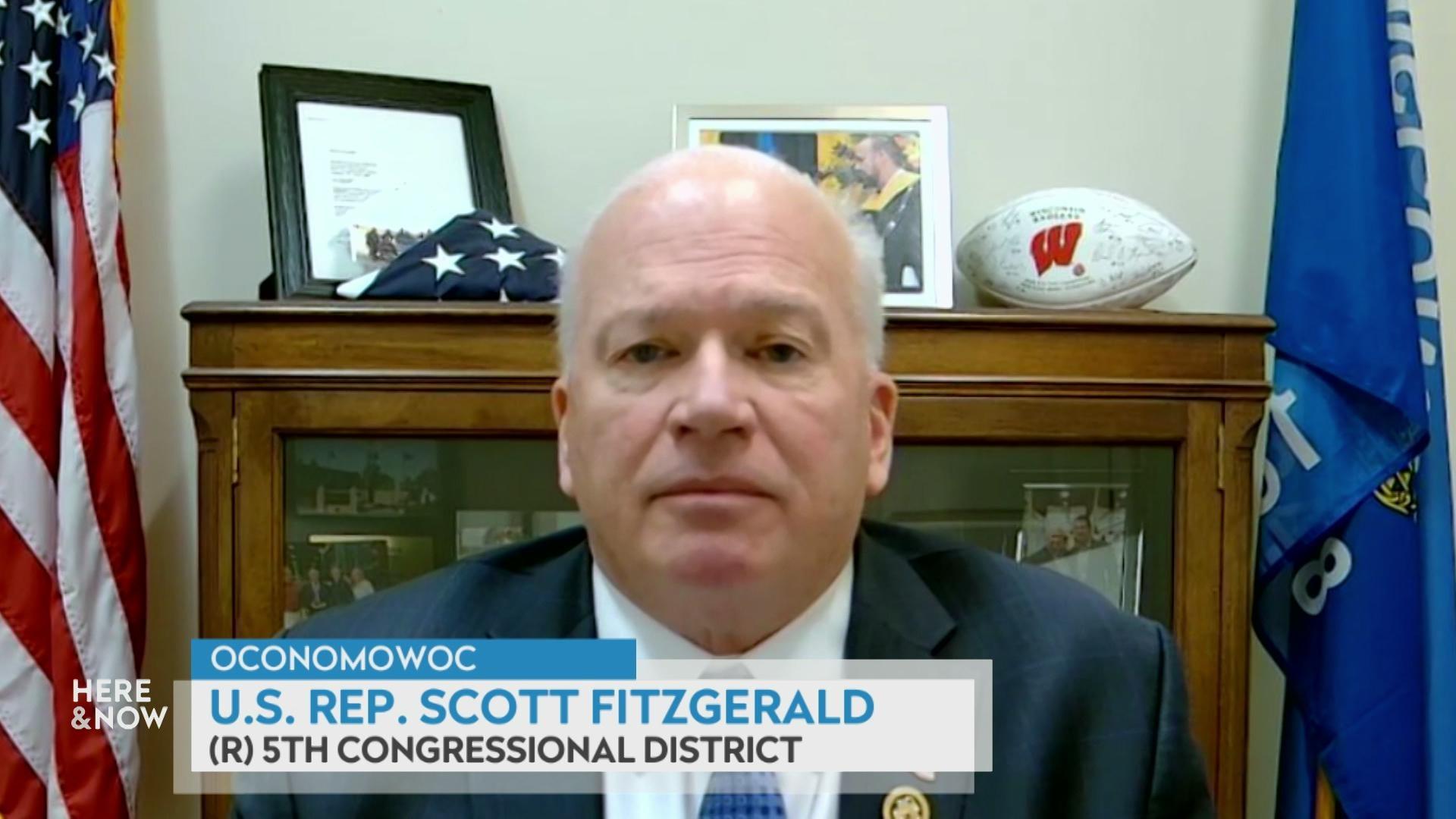
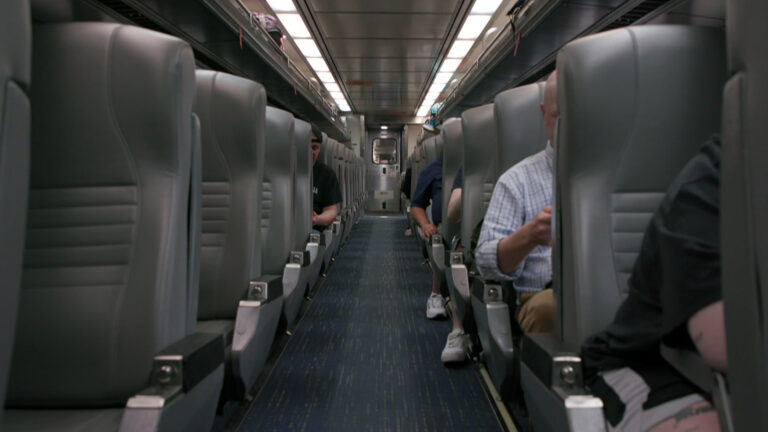
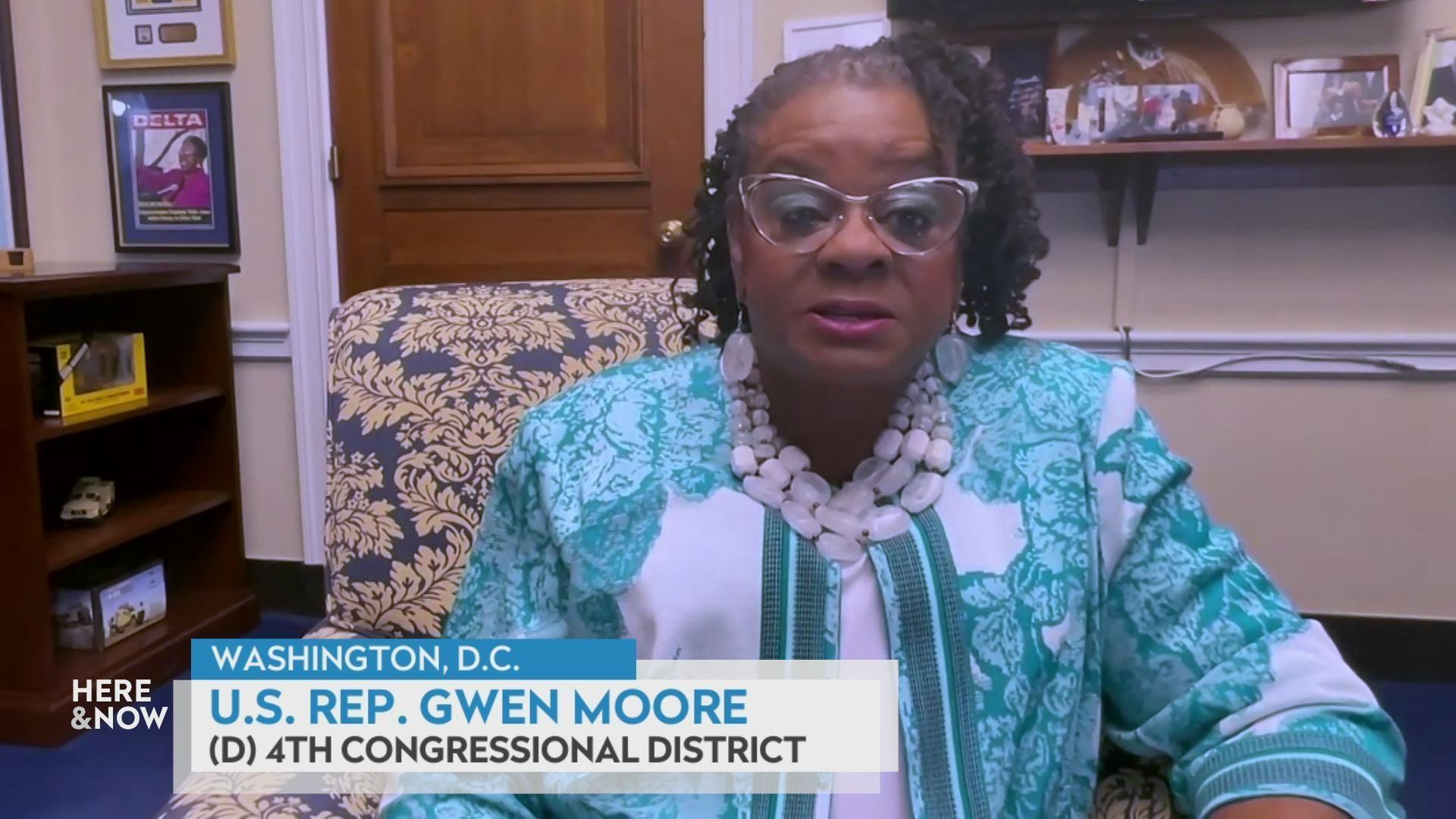
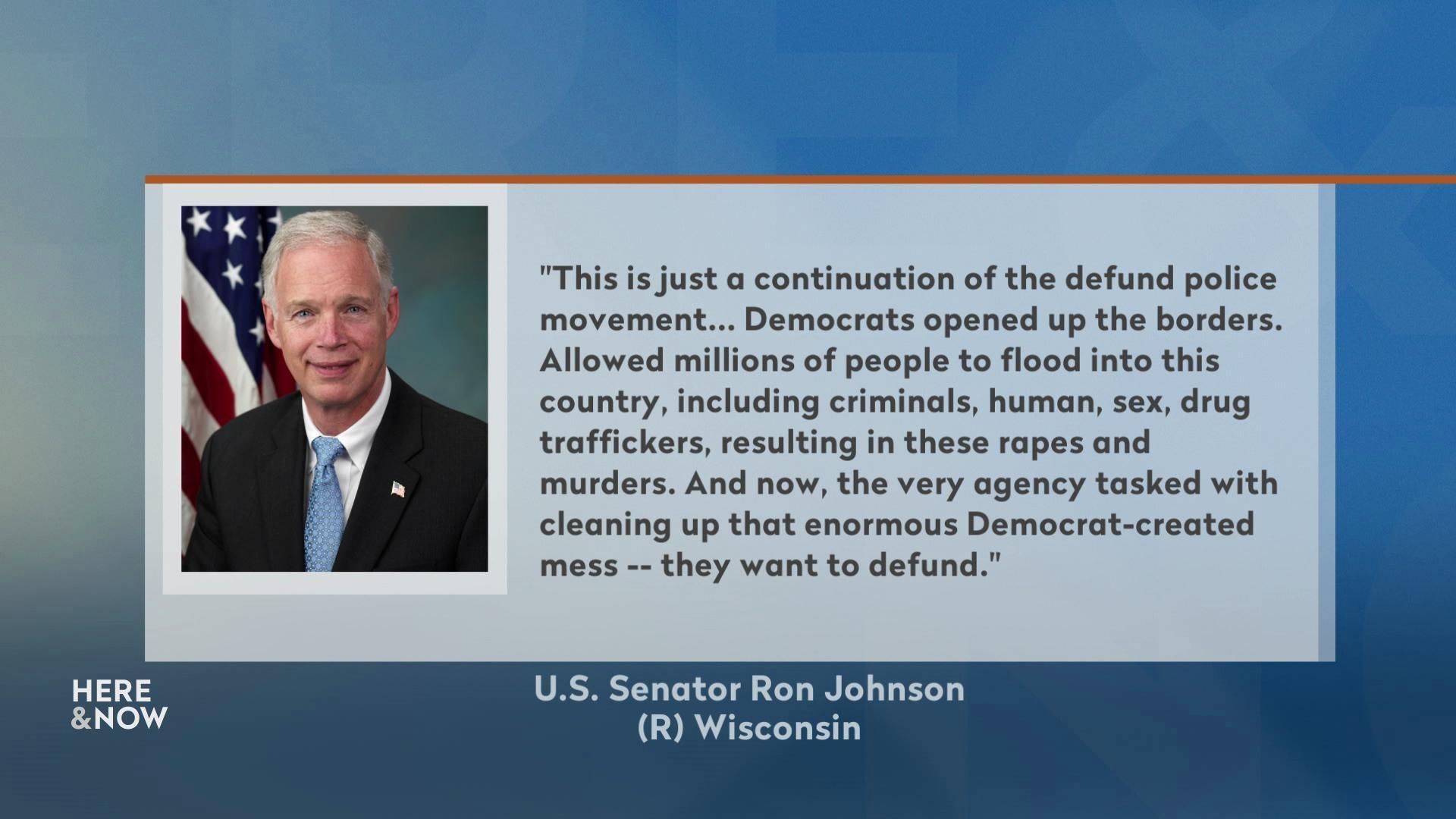

Follow Us